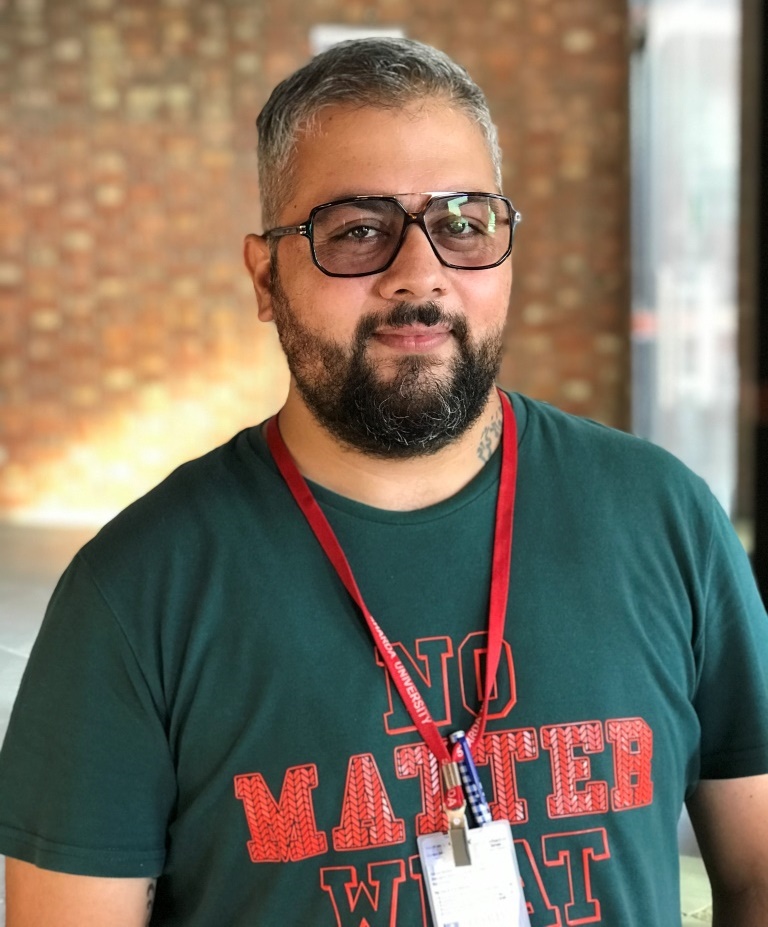About
Dr. Asrar Ahmad Malik is currently working as Assistant Professor in the department of Life Sciences, SBSR. After receiving his Masters in Research from the University of Glasgow, United Kingdom in the field of Infection and Immunity, Dr. Asrar received an Agència de Gestió d'Ajuts Universitaris i de Recerca (Agency for Administration of University and Research Grants) fellowship award from the government of Cataluniya (Spain) to pursue his PhD from Universitat Autonoma de Barcelona, Spain. During his doctors degree in Dr. David Garcia Quintanas lab, He worked on an extremely interesting project to figure out if cyclin specificity is due to substrate specificity or rather, as the so-called quantitative model put forward by Sir Paul Nurse. He succeeded in identifying data supporting the quantitative approach of cyclin functioning by creating Saccharomyces cerevisiae strains where G1 cyclin CLN2 was overexpressed and localised to nucleus while abrogating the function of original S-phase cyclins. Their results proved that an earlier cyclin could trigger the later event when localised to the right place at the right time, while addressing the controls put up by cells to avoid such disastrous events. Results were published in an international peer review journal (PMID:26176277). In addition, He also worked on a project which explored the presence of novel cyclin dependent kinase activity inhibitor in G1/S phase, findings of which were published in an international peer review journal (PMID:27005485). After his PhD, he shifted from yeast to mammalian work by joining Prof. Anindya Duttas lab in University of Virginia, USA. During his postdoctoral stay in Virginia, he worked on tRNA derived fragments and their impact in tissue specific cancer cells. Utilizing CRISPR/Cas9 mediated gene editing, it was proved that several tRFs are created in Angiogenin independent manner suggesting other RNAases are at work. While angiogenin knockout did not decrease tRF-3 levels or gene-silencing activity, it was shown that in multiple cell lines tRF-3 generation is Drosha and Dicer independent and yet Argonaute proteins are essential for their function (PMID: 31582561, PMID: 29844106). Along with research activities, he has two years teaching experience as a guest faculty in the Department of Biotechnology, Jamia Hamdard, India. Given his expertise in the field of molecular biology and inclination towards infection and immunity his research interests are associated with Tuberculosis and Cancer.

